Frequently asked questions
General Frequently Asked Questions (FAQ)
-
Whatever your age is, the answer is the same - it is never too late!
We all face different challenges at different ages, but our brain has an astonishing ability to learn and master new skills, whatever your stage of life.
Plus, the effort of mastering a new discipline may be more than repaid through the maintenance and enhancement of your overall cognitive health.
-
It would be ideal to have at least a keyboard at home for students to practice on.
Most of our beginner students start with small electric keyboards. We recommend a keyboard that has regular sized keys and a touch sensitive response. This means that the pressure applied to the key correlates with the volume of the sound produced.
-
There is no set answer on how long it takes to learn an instrument.
With regular practice a basic level of playing can be accomplished in a few months. Most of our students strive for continuous improvement and therefore take lessons on a long term basis.
PARENTS FAQ
-
Recent studies suggest that playing and listening to music at a young age improves learning capability, memory, reasoning ability and general creativity.
Research also supports the theory that young children exposed to music develop enhanced coordination skills.
As music educators, we are aware that the influence of music goes far beyond the intellectual and physical development of the child.
Learning music also contributes to the growth of a well-balanced child, particularly in terms of temperament, sensitivity and the ability to express oneself.
-
Parents play a very important role in the music education of their children. Lessons are a partnership between the teacher, the child and the parents.
It is important for parents to have an open line of communication with the teacher so that they feel able to discuss any concerns they may have and can share in the learning process.
It is advisable for parents to guide their children (young children especially) with their practice routine at home.
-
Depending on age and level, pianists should practice in sessions lasting between 15 minutes to 2 hours.
Beginners: 10-15 minutes, 4 times a week
Grade 1: 20 minutes, 4 times a week
Grade 2: 25 minutes, 4 times a week
Grade 3: 30 minutes, 5 times a week
Grade 4: 35 minutes, 5 times a week
Grade 5: 40 minutes, 5 times a week
Grade 6: 50 minutes daily
Grade 7: 60-90 minutes daily
Grade 8: 1-2 hours daily
Beginners will benefit most from shorter practice sessions while advanced pianists will be more accustomed to longer days. Each practice session can be split into segments to help avoid physical and mental fatigue.
Remember that quality is more important than quantity - a good, productive practice is essential to achieving your goals.
It is very important to end your practice on a positive note, so we always encourage our students to end their practice with a piece of music that they love playing!
-
Of course!
Even if you don't have a musical background you can ask the teacher for advice on how to help your child practice. By simply monitoring that they are doing exercises a certain number of times per day the student will progress.
-
We will always try our best to list the things your child is required to practice on their notebook, along with feedback from their playing in class.
A performance report will be provided by us at the end of each academic term.
Additionally, we are always happy to discuss how your child is progressing so that their experience can be optimised.
If you have any queries regarding this you can also email us directly at info@prestomusicacademy.co.uk
